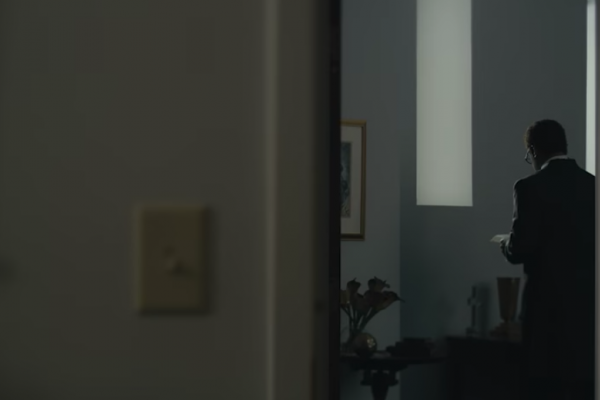Apr 19, 2018
Sometimes, the film tells us, there are no good answers. All we can do is sit with our thoughts and do our best to love each other well.
Read the Full Article

Already a subscriber? Login

Sometimes, the film tells us, there are no good answers. All we can do is sit with our thoughts and do our best to love each other well.
